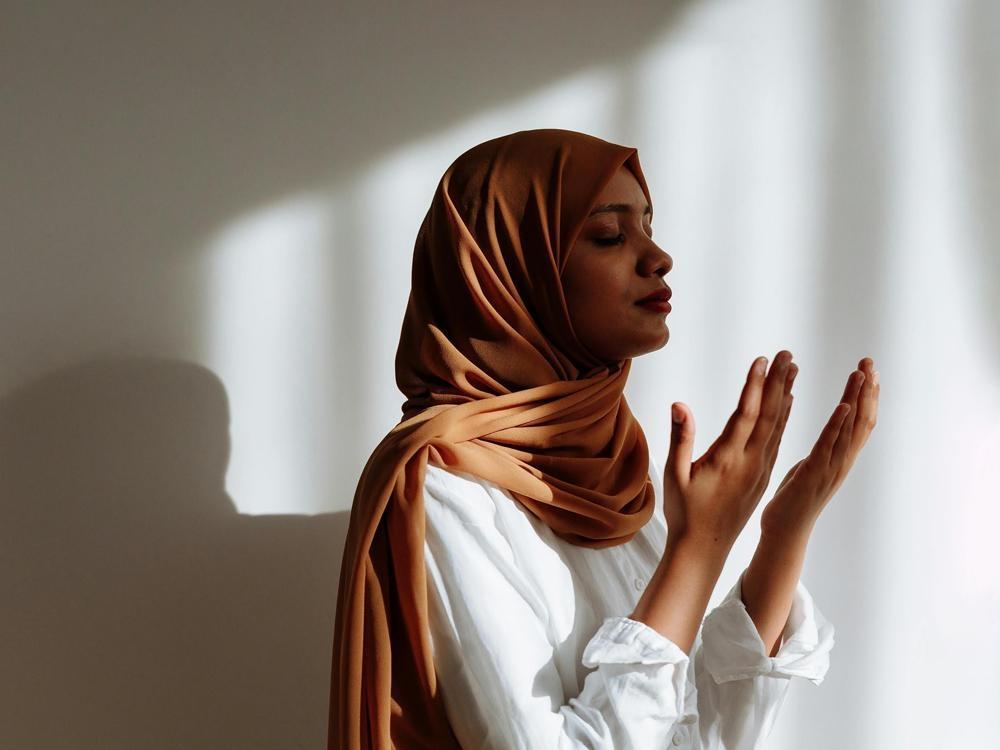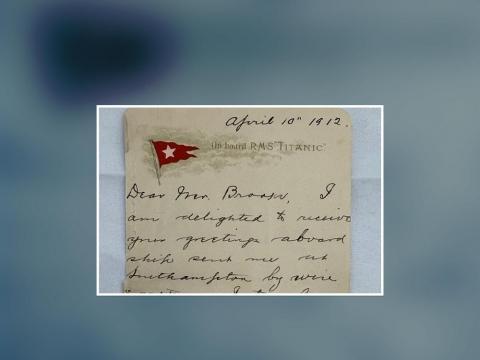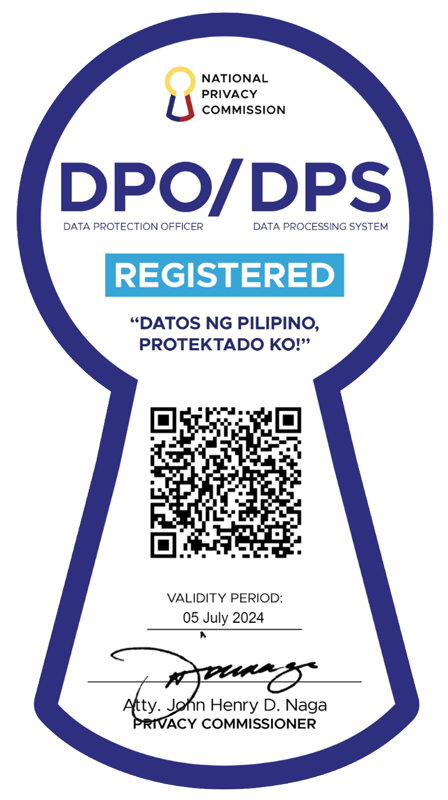Here's everything you need to know about Ramadan

With close to 2 billion people practicing Islam all over the world, it's important to know about the most important holidays and feast days that they observe. One of the most important ones is Ramadan, which began on March 11 this year, with Muslims beginning their fast today.
If you want to know more about the holy month of Ramadan, here are some important things to remember about one of the most important events in the Muslim calendar.
What is Ramadan?
According to the website Islamic Networks Group (ING), Ramadan is the ninth month of the Islamic calendar, which is a lunar calendar that has 12 months made up of approximately 354 days. Ramadan begins with the sighting of the crescent moon in Saudi Arabia, and this month it was sighted on March 11.
It commemorates the revelation of the Qur'an to the Muslims and requires believers to fast from food and drink during sunlit hours and spend extra time studying the Qur'an and performing special prayers.
Why is fasting required during Ramadan?
Fasting is one of the Five Pillars of Islam and is one of the main activities during Ramadan. According to BBC News writers Aleem Maqbool and Sara Monetta, fasting during Ramdan encourages spiritual reflection.
Fasting is only required during the hours of the day when the sun is up. Before dawn, Muslims have an early morning meal called suhoor or sehri, and in the evening they have a meal called an iftar or floor.
Are there exemptions when it comes to fasting?
Fasting is required of all Muslims who have reached puberty, but there are exemptions to the rule, Pregnant women and children are exempted from participating, as well as women who are on their period or who are breastfeeding. Those who are sick and who are traveling are also exempted, as well as those who are too old or who are suffering from chronic illness.
When does Ramadan end?
Following the lunar calendar, Ramadan is meant to last 29 or 30 days. This year's Ramadan is expected to end on April 9. The occasion celebrating the end of Ramadan is called Eid al-Fitr, and is expected to be celebrated on April 10 at the sighting of the crescent moon.
During Eid al-Fitr, Muslims attend prayer at the mosque and donate to a charity to help feed the poor. Celebrations afterward involve gifting children new clothes or money from their parents or relatives, as well as a communal celebration in a large hall where people can reunite with acquaintances and spend the rest of the day socializing.







